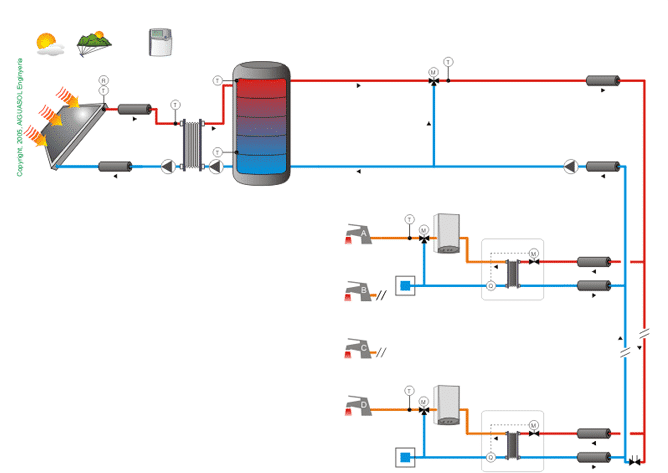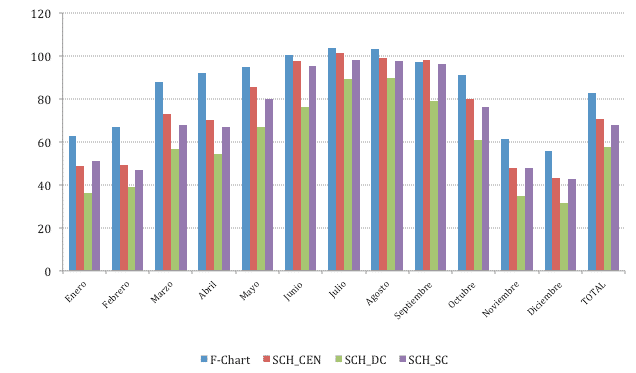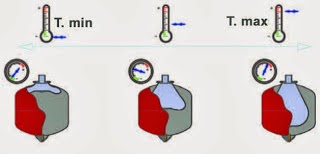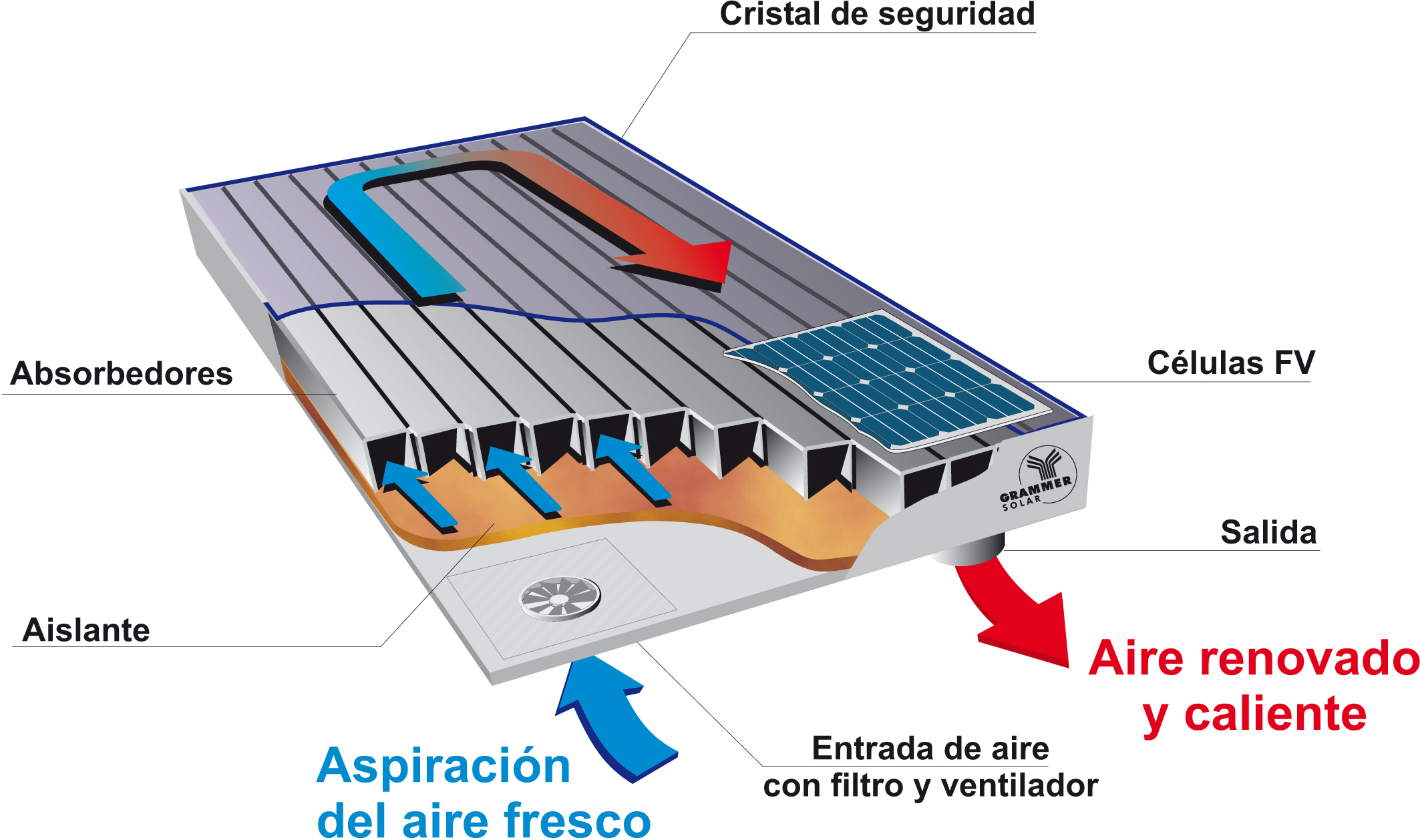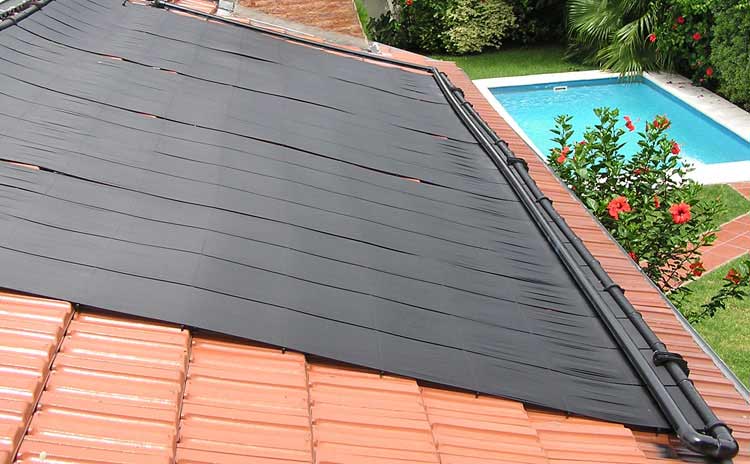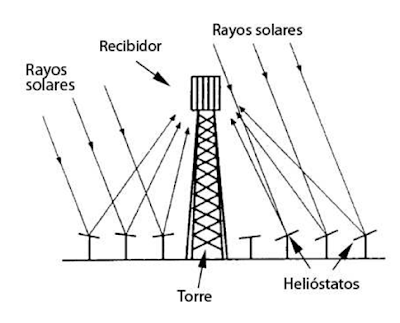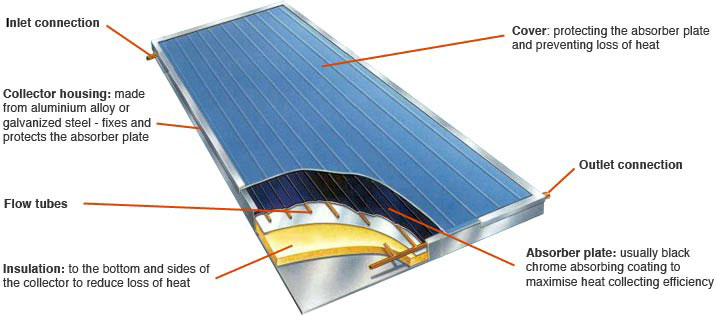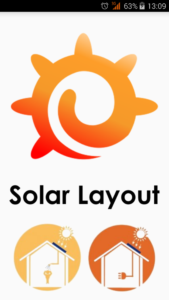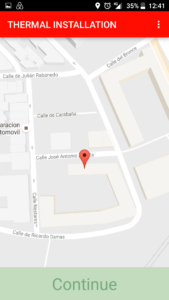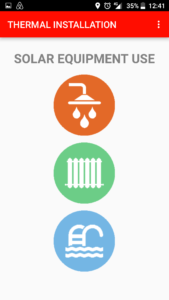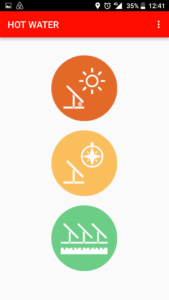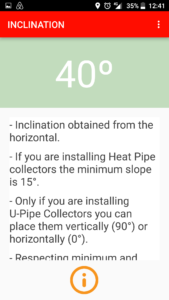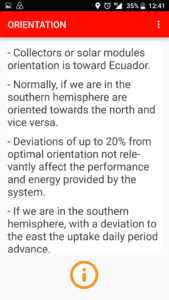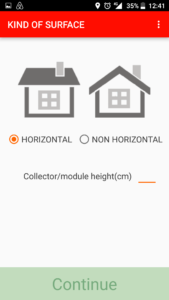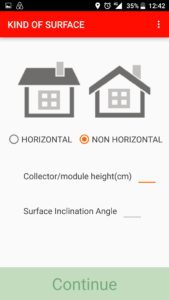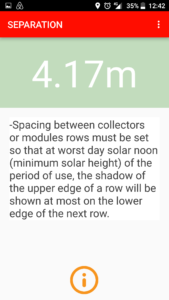Proposed solution must comply, in order of importance:
– That it’s enough safe .
– That its cost be as low as possible.
– Speed and simplicity in assembly.
A method currently used is anchoring by chemical plug.
There are structures are of different materials. The most commonly used are aluminum and stainless steel.
Manufacturers usually sell the collector with its structure, although you can always design your own structure.
It is not advisable to transfer building cover with the anchor (it can cause leaks).
In case of large installations, a pre-assembly work can be carried out to make assembly on roof faster and cheaper.
In near coast areas, structure must be hot dip galvanized.
Screws should be made of stainless steel or corrosion resistant material.
Anchoring type will be based on:
1) Wind forces that must endure. If collector is South oriented (we are in the Northern Hemisphere), wind that represents a risk is that coming from North (it is the inverse if we are in the Southern Hemisphere), which will exert tensile force on the anchors. The South wind will exert compressive force, not so dangerous. Wind force on a surface is:
f = P. S. sen2α
f = Weight to counteract wind strength.
P = wind load (Kg / m2).
S = collector surface (m2).
sin2α = angle of inclination sine.
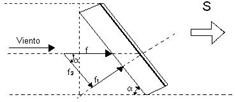
Wind force is decomposed into f1, which incites perpendicularly to collector surface and in f2, which does it in parallel.
f1 force is at the end what counts and what is obtained from previous formula.
2) Collectors orientation and inclination. Collectors are oriented towards Ecuador. Normally, if we are in Southern hemisphere, they are oriented towards North and vice versa. Deviations of up to 20% with respect to optimal orientation do not significantly affect system performance and thermal energy contributed.
Collector’s inclination angle will depend on solar equipment use. Orientates inclinations:
• All year use (H.W.S.): inclination angle equal to geographical latitude.
• Winter preferably use (heating): inclination angle equal to geographical latitude + 10º.
• Summer period preferred use (outdoor pools heating): inclination angle equal to geographical latitude – 10º.
Variations of ± 10º with respect to optimum inclination angle practically do not affect performance and useful thermal energy provided by solar equipment.
3) Collecting surface must be free of shadows. In the most unfavorable day of use period, installation must not have more than 5% of useful surface area covered by shadows.
Projected shadows practice determination is made observing environment from collector´s lower edge midpoint, taking the North-South line as a reference.
By making an angular sweep on both sides, we will try to locate nearby obstacles with an angular height greater than 15º / 25º.
A more accurate determination of possible shadows can be made using system sizing software based on simulation methods.
4) Minimum distance between collectors. Separation between collectors rows must be established so that at solar noon of most unfavorable day (minimum solar height) of use period, the shadow of upper edge of a row will be projected, at most, on lower edge of following row.
The formula of minimum distance between collectors is:
DT = L (senα / tan H + cosα)
H is the minimum solar height, which is:
H = (90º – latitude place) – 23.5º
L is collector´s height
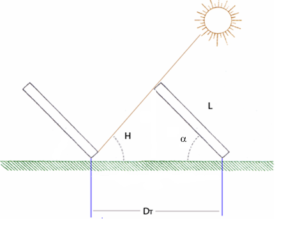
If collector’s rows were arranged on a non-horizontal surface, expression would become:
DT = L ((sin (α – β) / tan (H + β) + cos (α – β))
α is still collector inclination angle respect to horizontal.
β is roof inclination angle respect to horizontal. It is positive if cover inclination angle direction coincides with that of collector; and with a negative value otherwise.
5) Finally, calculations must be carried out to ensure that cover or support will be able to support collectors weight, and that of the tank in case of thermosiphon and compact systems.
The R + D + I area of Sopelia has developed Solar Layout, the mobile app that allows collectors and modules to be optimally located at installation site.
All you need is Sun. All you need is Sopelia.


